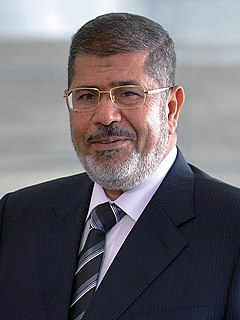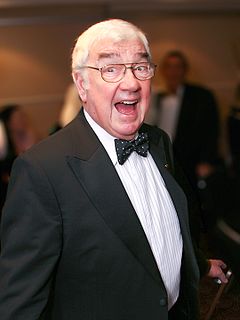A Quote by Mohammed Morsi
There cannot be peace in the Middle East without giving Palestinians their full rights.
Quote Topics
Related Quotes
Israel is the American watchdog in the Middle East, and that's why the Palestinians remain victims of one of the longest military occupations. They don't have oil. If they were the Saudis, they wouldn't be in the position they are now. But they have the power of being able to upset the imperial order in the Middle East.
What we learn from the past is that you cannot make peace against people by interfering and - and just launching a war and trying to change a regime without any political solution. So my role is first to avoid any war and try to - to frame the discussion in order to create peace and have a comprehensive peace process and preserve unintelligible and especially in this Middle East region. That's what I tried to do in Lebanon, for instance, by negotiating both with M.B.S., with the Lebanese government.
I assured the prime minister, my administration will work hard to lay the foundation of peace in the Middle - to work with our nations in the Middle East, give peace a chance. Secondly, I told him that our nation will not try to force peace, that we'll facilitate peace and that we will work with those responsible for a peace.

































